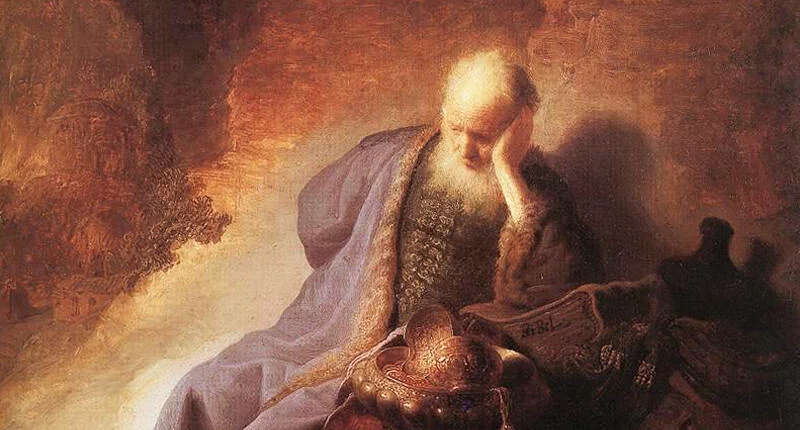There are two cautions that must be recognized before beginning construction on the foundation laid in the last exploration.
First, I want to be sensitive to the historical particularity of the biblical text addressing the matters of Jubilee and lamentation. The nature of lamentation, for example, will be a product of a reflection on the book of Lamentations. Second, the identification of appropriate derived principles is affected by the fact that these emerge from God’s interaction with His people as witnessed in Scripture and thus, they are primarily for His people.
I am not seeking to address the surrounding sociocultural setting, though it is true any church exists in a particular sociocultural setting. The impact of God’s people, the church, in any setting is a product of witness and pervasive presence of service in that setting. Indeed, my overarching hope, if the Lord should allow such opportunity, is that the church, the people of God, should model restored relationships even when lament may be involved.
God desires that his character be manifested among his people both in their stewardship of gifts given to them and in their relationships with one another.Jubilee as set forth in Leviticus 25 has specific applications, but Michael Harbin argues that a derived fundamental principle at the core of Jubilee specifics is the restoration of God’s ideals.“Jubilee and Social Justice,” JETS 54 (2011): 685-99. The primary ideal is that people would get to know God more fully with Jubilee being a manifestation of his gracious character. Harbin identifies other elements such as God as creator who ultimately owns all things. Further, God desires that his character be manifested among his people both in their stewardship of gifts given to them and in their relationships with one another.
These gifts are given to the people though underserving (Deut 9:4). Justice and righteousness should be practiced at all levels of community existence. Demonstrations of justice and righteousness can go beyond mere specific statements of law. Lament is an expression of sorrow and grief that ideally does not degenerate into hatred or resentment. The book of Lamentations, as I have pointed out in the previous reflection, does not only address lament for pain and humiliation and the desire for God’s restoration. There is also the matter of the recognition of sin and rebellion before God that unleashed the severe judgment of God.
Some commentators, it seems, want to bypass this interwoven theme in Lamentations. The focus can then shift to some form existential authentication in the midst of suffering, or to the issue of theodicy. There are also voices that understand the role of lament for the experience of overwhelming loss of family and security, as well as the experience of deep humiliation. There is, however, the need for recognition of the consequences of departing from the Lord, his will and his ways. The ideal in the midst of lament is unrelenting faith in God’s faithfulness and in the depth of his forgiving, restorative character.
Is it possible that confession with subsequent restoration before God facilitates deeper dependence upon God and deeper gratitude for his faithfulness? In the last part of this exploration of the relationship between Jubilee and lamentation I will attempt some application to the contemporary scene.








Comments
Be the first one to make a comment!